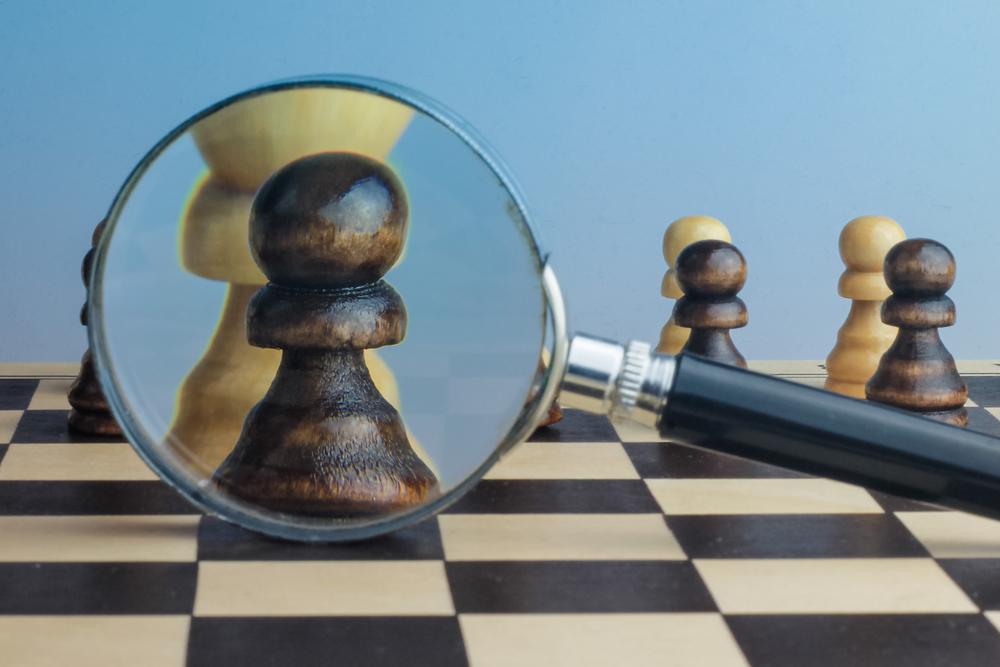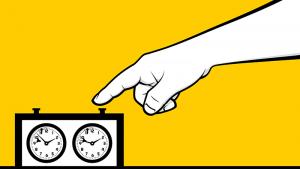
Why Solving Studies Is So Important
Genrikh Kasparian (1910-1995) was a very accomplished chess player. A 10-time Armenian champion, Kasparian was a strong IM and permanent fixture on the Soviet chess scene.
However, Kasparian is remembered not as a great chess player — which he most certainly was — but as a legendary composer of chess studies. Many years ago, my coach introduced me to this titan of composing by showing me one of his most famous creations. On that day, my passion for studies was born. Looking back, I can proudly say that all of the hours I spent poring over study collections were not in vain.
By regularly solving studies, I considerably enhanced three crucial aspects of my tactical ability: visualization, awareness, and imagination.
To be sure, composers have as their primary intent the pursuit of aesthetic excellence. However, as we are about to see, aesthetics and instructional value are directly proportional!

1. Studies to improve visualization
"Long variation, wrong variation." — GM Bent Larsen
Despite GM Larsen's famous admonition, we cannot do away with long variations altogether. Pawn endgames are particularly notorious in this regard. To stay on the correct path, you must frequently assess the consequences of a pawn race that metamorphoses into a complex queen endgame! Consequently, players often find themselves swimming in the complications, unable to visualize the board past a certain point.
Study-solving is a fantastic method to hone your visualization and develop the ability to accurately evaluate long variations. Here is a particularly devilish illustration, by none other than Kasparian:
Taken individually, each move in this study is quite easy to find, but it is most definitely not easy to follow a 12-move sequence that largely consists of zigzag maneuvers. Furthermore, White had to avoid several pitfalls along the way. This is what I call a visualization exercise!
2. Studies to improve awareness
Recently, IM Mark Dvoretsky's excellent two-volume work Remember Your Opponent came out in English. As the title suggests, it is a compendium of exercises that test your ability to recognize your opponent's counterplay and resources.
Well-composed studies often fulfill the same purpose. Indeed, you must not only discover an idea hidden within the complexities of the position, but — more important — modify and optimize this idea based on the defensive resources that you uncover. Even if a move or sequence appears totally winning, make doubly sure that you are not glossing over a hidden source of counterplay, and are not being misled by the appearance of a certain position.
Take a crack at the following dazzling creation of Russian composer Leopold Mitrofanov.
The beauty of this study can hardly be overstated. One breathtaking tactical shot is followed by another, and so the cycle continues until the final blow. Likewise, strong players will constantly test your vigilance by exploiting hidden resources. Study-solving in an excellent way to develop a foolproof counterplay detector.
3. Studies to improve imagination
Reading an informative volume on tactics (such as FM Martin Weteschnik's Understanding Chess Tactics) is an important activity, but not all tactical motifs that occur in real games are to be found in chess literature. To succeed at a high level, you must continually discover your own ideas, unearth tactical and positional motifs that are not always based on primitive concepts.

Make no mistake: the position does not always call for creativity, but the ability to think outside the box — to create, as the Russians say — is an indispensable component of a grandmaster's arsenal. Unsurprisingly, studies offer an environment in which this kind of trailblazing is not only possible, but necessary.
Of course, my point of view is not shared by everyone; some players contend that studies — while aesthetically beautiful — do not actually contain any instructional value. I categorically disagree, and I believe that regular study-solving allows you to considerably improve several critical facets of your tactical perception.






